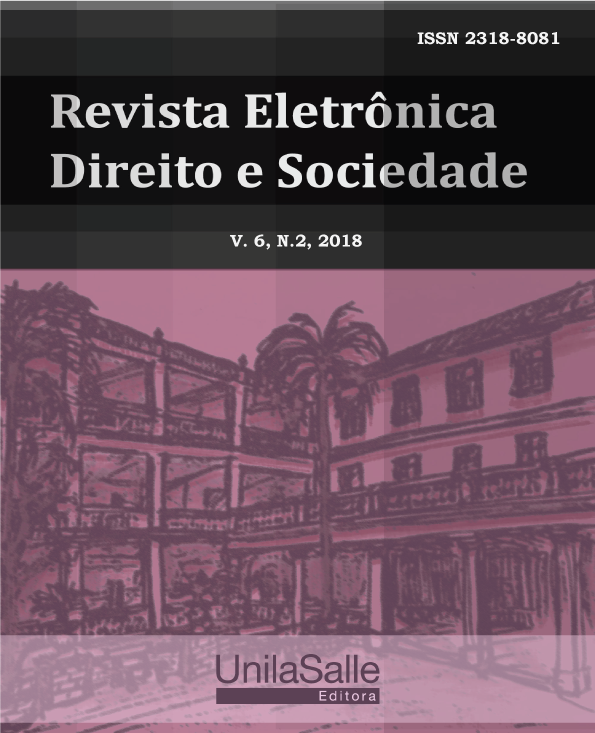Sustainable development and economic empowerment of women: reflections on the sexual division of labor and its repercussion on the effectiveness of the right to development
DOI:
https://doi.org/10.18316/redes.v6i2.4239Keywords:
Sustainable Development, Human Rights, Women’s Rights, Economic Empowerment, Sexual Division of Labor.Abstract
The main objective of this article is to understand the interrelationships between sustainable development, as a human right, and the economic empowerment of women, starting from the premise that right suffers a deficit of effectiveness when faced with contexts in which the equality in labor relations is not observed. In the first part, the need for a non-rhetorical affirmation of the right to development is exposed. It’s follows exploring the historical issues surrounding the sexual (and structural) division of labor that has relegated women to domestic functions and it’s asserts the need to empower women to exercise their capacities (and freedoms), disengaging from stereotypes of genre. The analysis of good practices for the induction of the right to development is made opportunely, highlighting gender equity as one of its primary components. Therefore, it’s argued that the acceptance of women in the formal labor market and the wage parity between men and women are relevant issues, but their practical implementation is hampered by a male chauvinist culture, which consequently makes the aforementioned empowerment a challenge.
Downloads
Published
Issue
Section
License
Authors who submit their manuscripts for publication in the “REDES” Magazine agree to the following terms:
The authors claim to be aware that they retain copyright by giving “REDES” the right to publish.
The authors declare to be aware that the work submitted will be licensed under the Creative Commons Non-Commercial Attribution License which allows article sharing with acknowledgment of authorship and publication in this journal.
The authors declare to be aware that by virtue of the articles published in this journal have free public access.
The authors declare, under the penalty of the law, that the text is unpublished and original and that they are aware that plagiarism has been identified, plagiarized authors will be informed - willingly, to take legal action in the civil and criminal sphere - and, plagiarists will have their access to the magazine blocked.
The authors state that - in case of co-authoring - all contributed significantly to the research.
Authors are obliged to provide retractions and (or) corrections of errors in case of detection.
The authors are obliged not to publish the text submitted to “REDES” in another electronic journal (or not).
The Electronic Journal Law and Society - REDES - is licensed under a Creative Commons License. Attribution-NonCommercial 4.0 International.Based on work available at "http://revistas.unilasalle.edu.br/index.php/redes/about/submissions#copyrightNotice".
Permissions in addition to those granted under this license may be available at http://creativecommons.org/.

